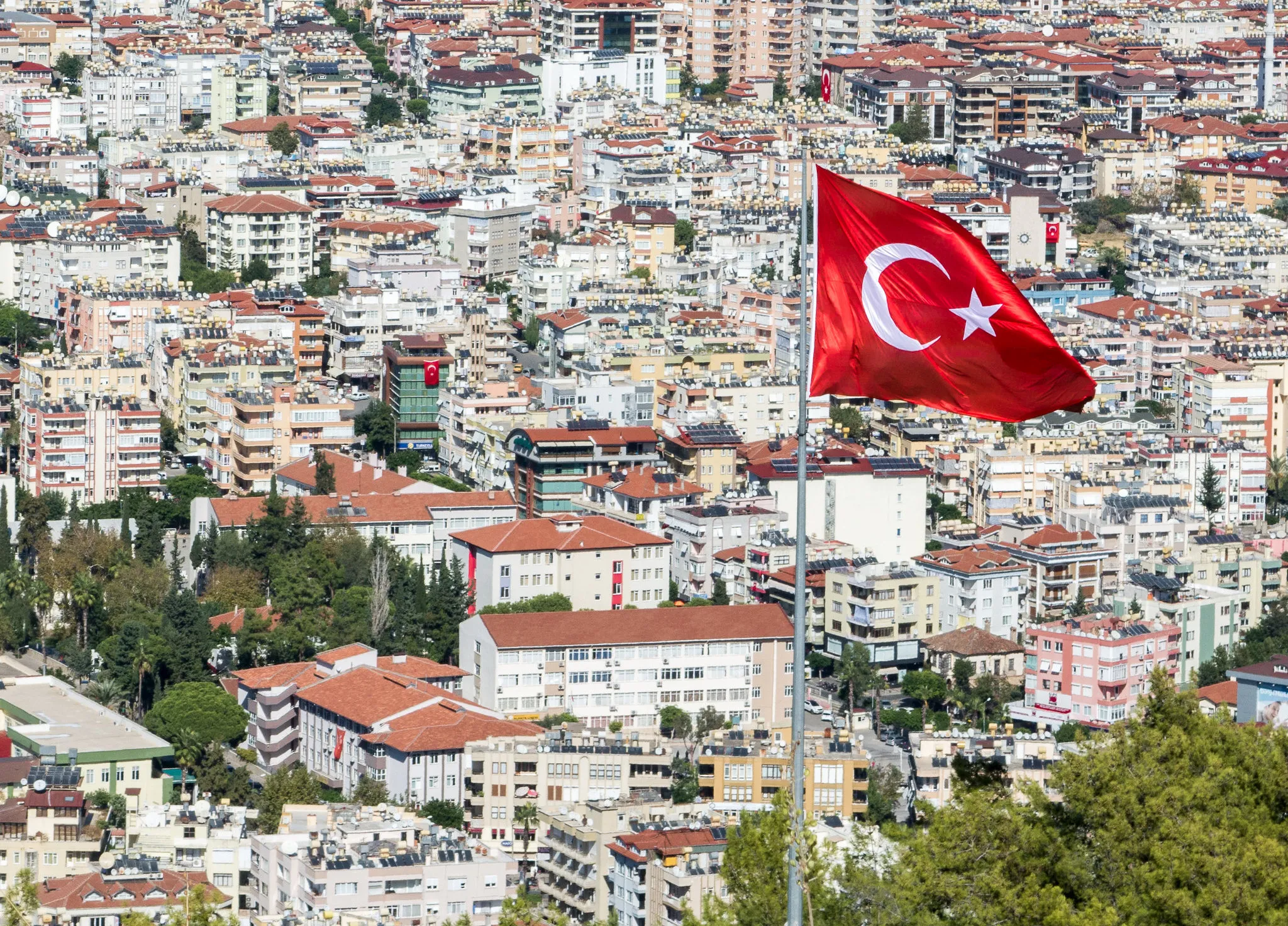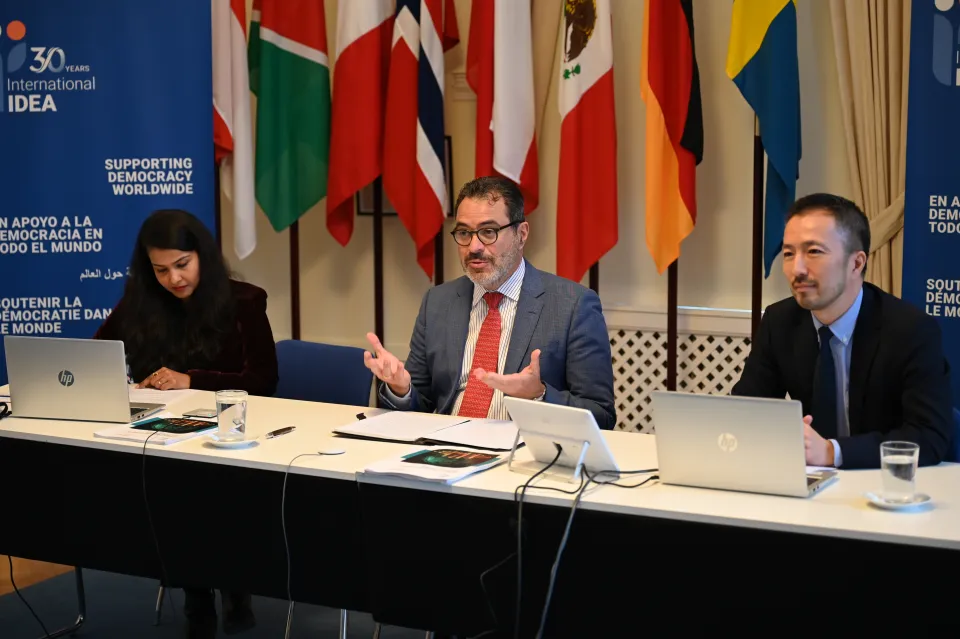Where and why—and how—does the Turkish diaspora vote?

President Recep Tayyip Erdoğan and his Justice and Development Party (AKP) face a significant challenge in the Turkish national elections on 14 May. With opposition parties in Turkey more united than they’ve been in a decade and the country still reeling from the aftermath of February’s catastrophic earthquakes, Erdoğan is at distinct risk of losing the presidency despite a decade of consolidating power.
One voting bloc that could make the difference for Erdoğan and the AKP is the diaspora population, which constitutes five per cent of Turkey’s electorate. Turkish expatriates around the world played a key role in the 2014 and 2018 presidential and parliamentary elections, and their votes helped secure approval of the expansion of presidential powers in a critical 2017 constitutional referendum, according to some analysts.
The graph below shows that in the 2018 parliamentary elections, in most Western European countries, the greatest share of the Turkish expat electorate voted for the AKP.
While other parties also court the overseas vote, President Erdoğan has a history of close engagement with the Turkish diaspora, whose total population comprises more than 6.5 million people, with the vast majority living in Western Europe. For the better part of a decade, Erdoğan and the AKP have prioritised the maintenance of close ties with the Turkish diaspora, delivering speeches to rallies of Turkish expats from Cologne to Dusseldorf, as well as relying on sister associations abroad to imitate campaign strategies used in Turkey. As well as serving electoral purposes, these strategies have encouraged Turkish expats to “assimilate but not integrate” and to prioritise their Turkish identity.
Turkey began allowing expat citizens to vote in national elections in 1995. The process of voting from abroad has gradually changed over time; a fundamental shift occurred in May 2012, when an amendment to the electoral law allowed for expats to vote in their country of residence. The new amendment was implemented in Turkey’s 2014 presidential elections, which then-Prime Minister Erdoğan won. The new provisions led to an increase in voter turnout among the Turkish diaspora electorate in 2014, which then rose sharply in the 2015 general election.
Other factors that may influence Turkish expat voting include:
-
Identity: Erdoğan has been keen to foster a sense of connection to Turkish identity, which has brought many benefits, including close community and strong cultural links between Turks abroad, while also allowing the mechanisms of state influence to permeate borders. A 2020 survey of Turkish citizens in Austria, France, Germany and the Netherlands found that Turkish language media dominates the diaspora’s information ecosystem, particularly among older and less highly educated demographics. Erdoğan’s influence over the information space was further consolidated by the October 2022 “disinformation” law, prohibiting the spread of information that causes fear or panic among the public and can be the pretext for jailing journalists and social media users.
-
Representation: Limited political representation in the country of residence, particularly for those lacking citizenship in the host country, can lead expats to engage in the politics of their home countries to find means of participation. A correlation has been shown between Turkish expats who are more engaged in Turkish national politics and lower levels of attachment to their host state.
-
Religion and ethnicity: These factors can also be important predictors of voting behaviour. Erdoğan’s rhetoric has long emphasised Islamophobia in European countries. This tactic has proven successful in attracting diaspora votes from Muslim conservatives in previous elections, especially as members of the diaspora face discrimination and racism in their host countries, including in the labour market and in finding housing. At the same time, the pro-Kurdish People’s Democratic Party (HDP) has given indirect support to opposition leader Kemal Kılıçdaroğlu, which will likely speak to the sizeable Kurdish population abroad.
Turkey is not an isolated case; there are other examples from around the world of diaspora voting being conservatively skewed, including in Hungary and Pakistan. However, the ruling coalition may face an uphill battle in Sunday’s vote, as a united opposition, a much criticised earthquake response, and an ongoing economic crisis make the race exceedingly close as Election Day approaches.





